Breaking the Stigma Through Partnerships
At Hope for the Day we’ve been lucky enough to work with partners from a variety of industries — each partner a piece of the puzzle to break down the stigma around mental health. From custom cars to music, streamers to therapists, our partners bring the conversation about mental health into their spaces and communities.
No matter the industry or how different they all seem, our partners agree that mental health and wellness belong in every industry and space.
Anthony Alvarado of Enthusiast Enterprises, a company focused on custom vehicles and wheel fitment, made this sentiment loud and clear.
“No matter where you're at, no matter what industry it is, we all have mental health and we should be talking about it,” Alvarado said.
Hope for the Day recently partnered with Custom Offsets and Fitment Industries, two brands within Enthusiast Enterprises, on some pieces of co-branded merchandise . A portion of the proceeds from the merch sales are being donated to Hope for the Day. (More information about the merchandise can be found here and here.)
Alvarado noted the importance of Hope for the Day’s education opportunities to help build a healthy work environment and provide support to his team.
“What you guys have been able to provide outside of education … is also the opportunity to drive resources to our team members.” Alvarado said. “Now we have trained peers here at Custom Offsets that provide peer support onsite, and that wouldn't have been possible without having those educational opportunities with Hope for the Day … and that was so essential to the movements of creating a healthier culture here at work.”
Creating a healthier culture has also been on the mind of Tommy Embers, frontman of Nashville-based rock band The Continuous. Formed in 2018, the band “focuses on catalyzing and inspiring positive social change” through their music and art.
As a part of this initiative, The Continuous is donating a portion of the proceeds to different non-profit organizations. For the band’s recent single “Alone,” they chose to partner with Hope for the Day, because the song focuses on addressing the conversation around mental health.
Embers and his bandmates have also been building a community around their music called Continuity. They aim for it to be a safe space for people to open up and foster connections.
“Talking about mental health within our community is important because it is able to take the relationships that we create with each other through music and be able to dive into them further and understand each other better and connect with one another on a human level,” Embers said.
Similarly, connection and community are two values of Twitch stream team The Octopus and Dragon. The Octopus and the Dragon was founded by streamers Celina and Ky and currently has 25 members. The team recently hosted a charity stream on behalf of Hope for the Day.
For Celina, her job is hosting stream soirees for her community.
“I basically get to host a party a few times a week without having to wash dishes afterwards,” Celina said. “It's a place for people to just laugh and have a good time and I do my best to create a very welcoming, warm and inclusive environment.”
Celina, Ky, and the rest of their streamers at The Octopus and Dragon will stream video games, crafting, or just chat with whoever tunes in. But for Ky, it’s less about the activity and more about the connections.
“Streaming for me has always been more about the community and conversations and discussion,” Ky said. “The games are almost secondary. It's almost like just a vehicle or something to do while we're hanging out, while we're creating this positive space.”
Another partner creating a positive space is the Eating Recovery Center and Pathlight Mood and Anxiety Center.
The Eating Recovery Center and Pathlight Mood and Anxiety Center is a national center providing recovery treatment for eating disorders and mood, anxiety and trauma-related disorders. According to Alumni and Family Liaison Cara Spagnola, the center focuses not just on treatment while patients are in their care, but also helping them feel supported afterwards.
“We believe that your mental health journey does not end when you leave treatment,” Spagnola said. “There's usually still hard work that needs to occur and so connection is going to be incredibly important — having the support and resources that you need in order to thrive and continue on that journey”
Hope for the Day and The Eating Recovery Center have some plans in the works to promote that connection, education and support. Spagnola said she appreciates Hope for the Day’s “raw and casual” approach to mental health.
“I love it when [mental health is] approachable, digestible, where it can be talked about in a way that just normalizes we all have mental health and we all need help sometimes.” Spagnola said. “We all have struggles that we deal with and suicide impacts us all.”
Behind the scenes of all these partnerships has been Hope for the Day’s Managers of Partnerships and Development, Tyler Wagner and Apoorva Katikaneni. Wagner and Katikaneni have been working hard to ensure our partners feel supported because, according to Wagner, partners are doing the important work.
“[Our partners are] doing the groundwork for us, they're raising the visibility, and we're starting the conversation in spaces [where] it didn't exist before,” Wagner said.

